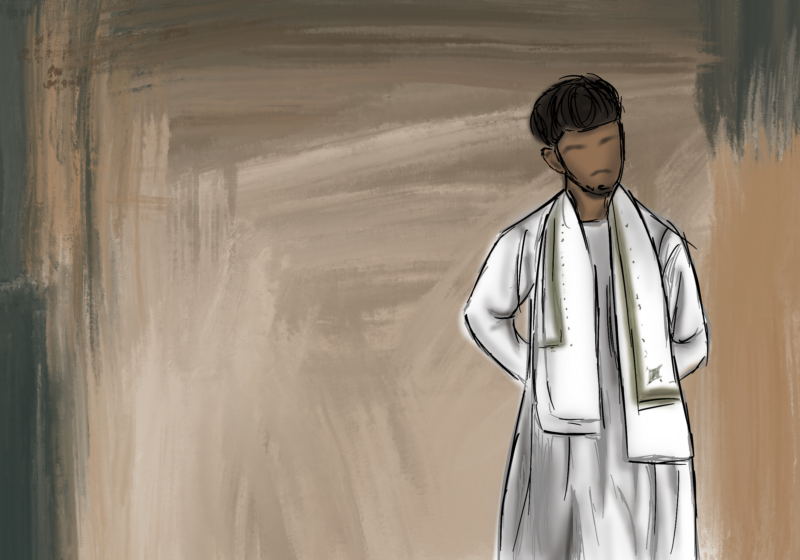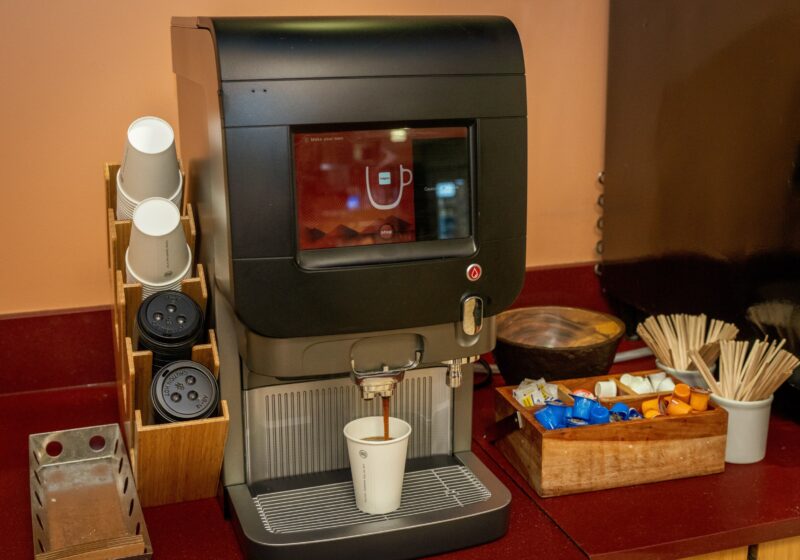Beyond the whirlwind that is election time, there exists a danger flying under the radar of most citizens these days. Wireless technologies are increasing daily, posing a danger to the uninformed or the lethargic.
While this danger might not seem quite as menacing as a terrorist attack, the risk of wireless devices is more in the mold of globalwarming: – the problem continues to mount as the technology continues to develop, posing even greater concerns for the future. Most everyone has a wireless device that he or she uses daily: cell phones, laptops, keyboards, computer mice, PDAs, or radios. Most seem harmless or even mundane, but danger may be lurking beneath the surface.
Most UR students probably use wireless networks in the dorms, a cafe, the library or at their houses. One common misconception about wireless networks is the security involved. Most networks don’t need a password to connect to them, meaning that anyone could connect, possibly leading to some random person stealing your passwords and reading your e-mails.
Even cell phones are a danger. Old phone systems may allow anyone to check your voicemail or access your saved photos. Many new cell phones have GPS, Global Positioning Systems, installed within them. Most phone carriers have these GPS chips already installed for 911 calls from cell phones. These systems could be used as a tracking device for any cell phone. Even your own phone could be tracking your every location and relaying the information to your parents. This might be advantageous to look after a teenager with a curfew, but could be an invasion of privacy for a college student.
Looking out onto the horizon even further, Radio Frequency Identification, or RFID, tags could revolutionize our world. These microchips hold identification information that can be used to bring a lost dog or cat back to its owner before it is brought to the pound. As useful as this might be, the next wave of RFID tags might change our society entirely. RFIDs emit a radio signal that anyone with the right knowledge could tap into. These tags can be used to do everyday things, such as open the lock to your dorm as you put your hand on the knob or to access your flex card electronically at the corner store. While no longer needing to carry around a set of keys or a wallet is certainly helpful, there is plenty of room for problems. These tags emit a constant signal, possibly allowing others to read or misuse the coded information. With your flex account data, a predator could be deflating your funds without your knowledge.
While these wireless devices have tremendous benefits, there exists a major risk to our freedom. Someone with a little knowledge of the technology could steal your personal information. The best way to protect yourself is to be aware of the problem at hand. Without any doubt, the technologies that are being developed now will dictate our future in the decades to come.
Wasserman is a member of the class of 2010.




